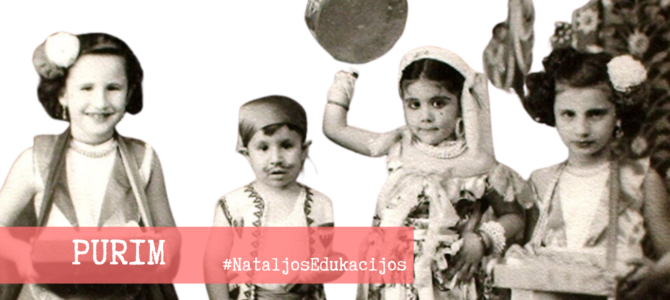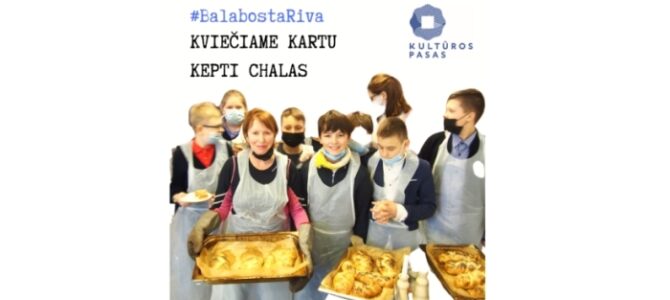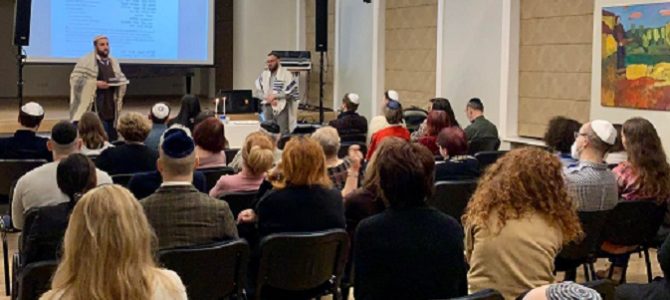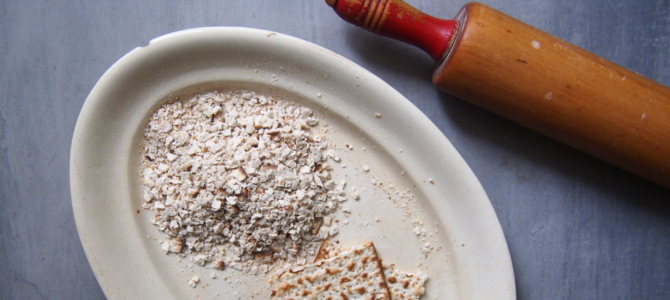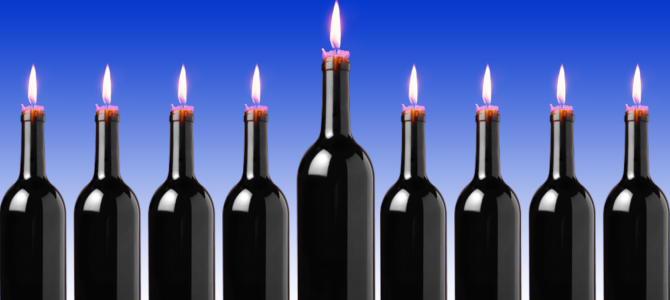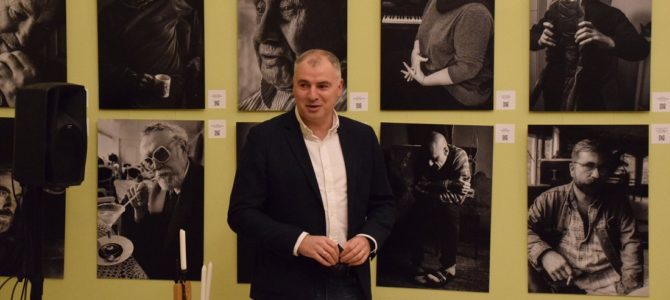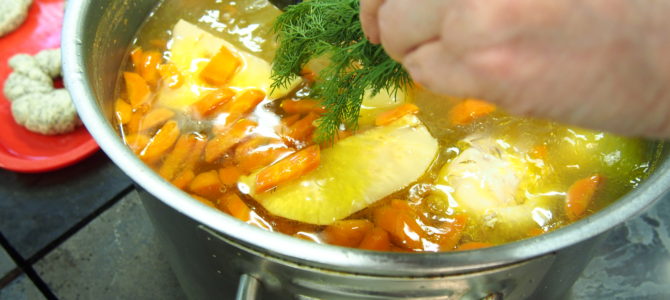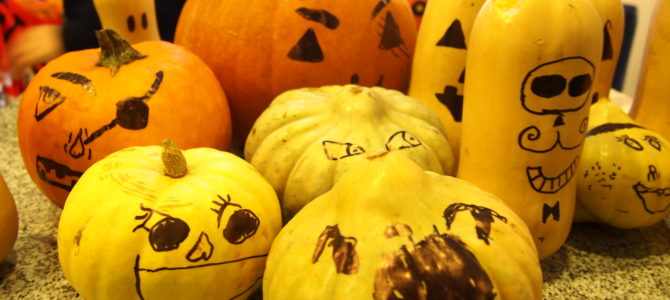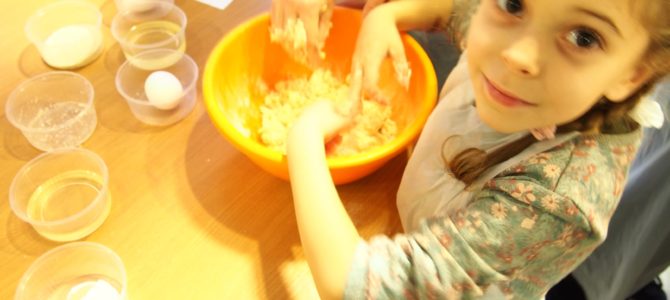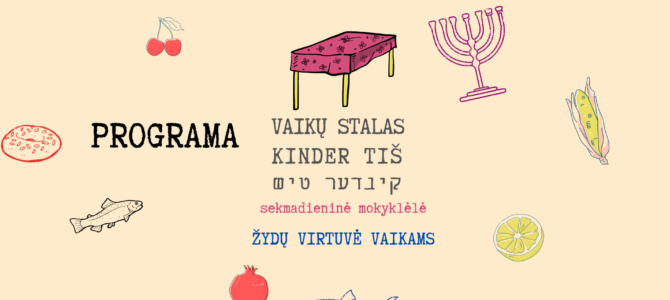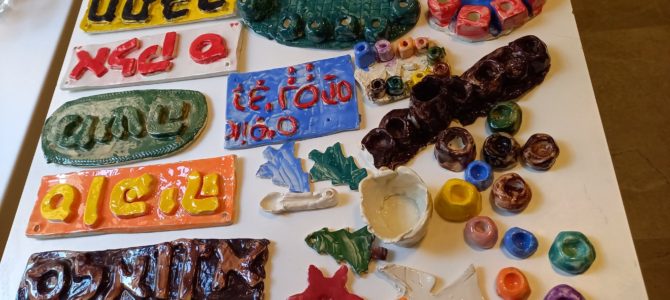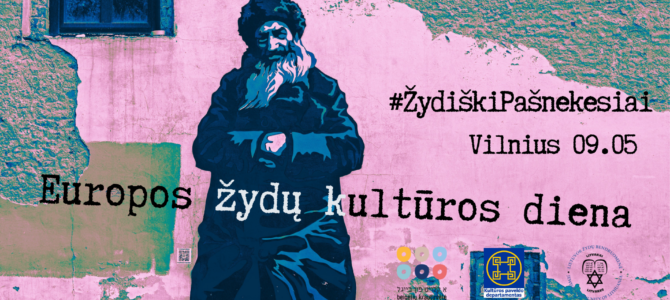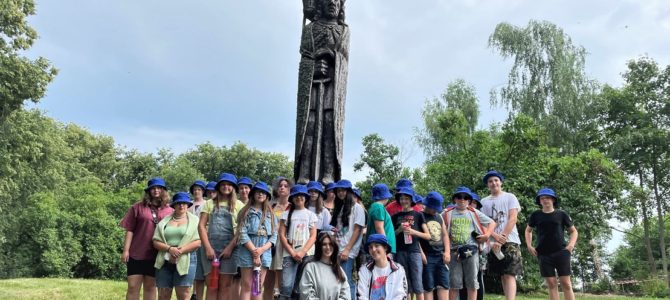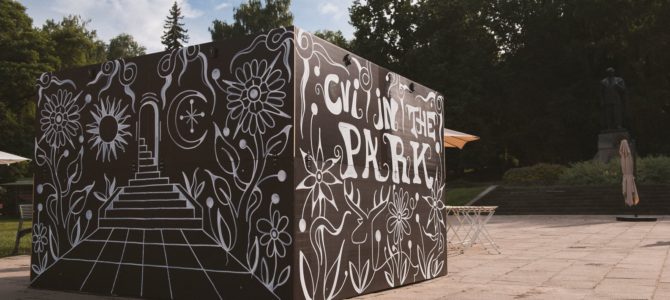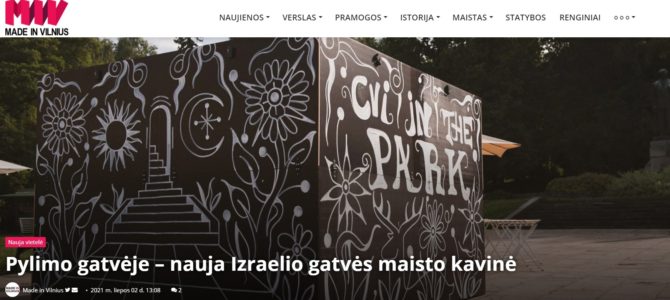An Israeli street food kiosk called “Tzvi in the Park” opened on July 2 in the Petras Cvirka Square park across the street from the Lithuanian Jewish Community in Vilnius. The food booth is offering humous, carrots with anise, chicken shwarma and other traditional foods with pita bread, with ingredients to order by the customer. The menu is planned to expand over time. While the food kiosk is the initiative of the culinary masterminds at the Bagel Shop Café across Pylimo street, the food booth will offer different dishes and hopes to inspire people to linger and talk.
“When we set up the Bagel Shop, we wanted to offer people delicious food, but also to offer them a way to have a good time, to hang around and talk about different things, even such sensitive and important topics as tolerance, human equality and so on. So this summer we want to create a space for city residents and visitors where they can spend some time in the green space of the park and learn about Israeli culinary culture,” LJC chairwoman Faina Kukliansky commented.
While the Bagel Shop offers more traditional Litvak fare, the food kiosk will present characteristically Mediterranean food, the new director of the Bagel Shop and of the Israeli food kiosk Aistė Košienė said. She said Israeli street food has distinct characteristics, but the main features are that it’s healthy and of good quality.
